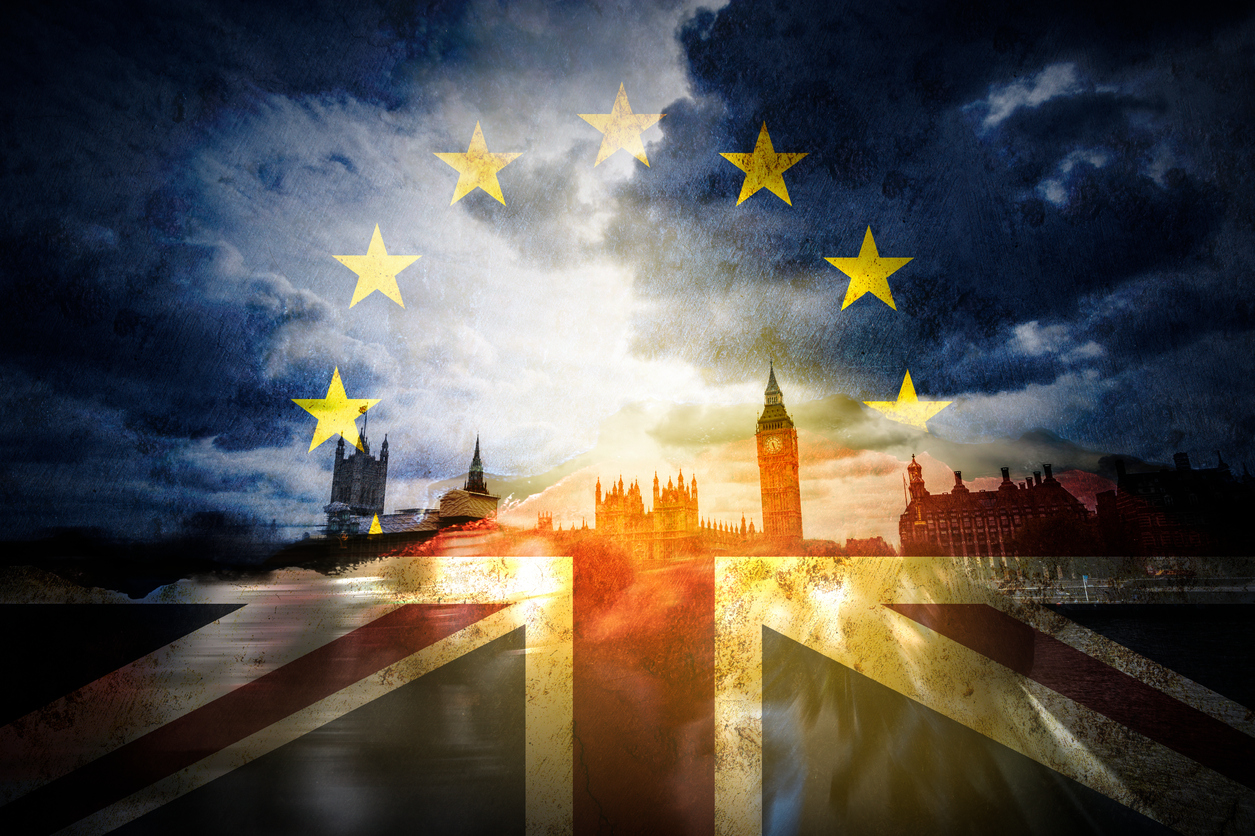Since the vote to leave the European union, the British economy is in its most precious state in years. Even three days before the Brexit referendum, the pound plummeted to the same level against the dollar as at the nadir of the 2008/9 financial crisis, bottoming out at $1.21 in October 2016. This has had a major impact on interest rates, with Mark Carney insisting that “now is not yet the time” for them to be raised, as well as sending household savings to a record low of 3.3%.
The ultimate economic impact of Brexit remains to be seen—as, to be honest, do most details of the the deal (or no deal)—but the pressure is on the public to take it upon themselves to look after their money as best they can. So if the banks aren’t safe, what is the best way to ensure our cash and valuables don’t lose their worth?
Keep it safe
Last January, Japan introduced negative interest rates, forcing investors to lose money on their deposits as part of the standard rate. As a direct result, sales of home safes in the country rose by 100% within a year, as citizens entered what the Financial Times called “the dash to stash”. So as the pound continues to crash, and other countries in the Eurozone such as Sweden and Switzerland also opt for negative interest rates as a way of stimulating growth, could a potentially moribund Britain follow Japan’s lead?
As it happens, sales in the UK are already on the rise, albeit for more prosaic reasons; with branches of all but one high street banking chain phasing out safe deposit boxes, consumers are opting to keep their money at home. For those already considering it, companies who offer security safes recommend bolting safes down away from windows, though the design and layout of your house should be a major factor in deciding which type of safe is best for your property.
While a home safe won’t add interest to your cash, at least you can be sure that the value of your assets won’t fall with the pound.
Invest in gold
With last year’s political turmoil having a marked impact on financial markets, the worldwide gold market reached a four-year high last year, with sales going up by 87% around the time of the most recent general election. Demand for the metal has been so high that its foreign interest has actually been accused of distorting the health of the British economy for the better. It’s also one of the things you’d be best served by storing in a home safe, if you’re in a position to buy bars of the stuff.
Time Magazine noted that, while its value is significant when the economy is poor, it responds to “every twitch in the economic world.” They also point out that, whilst its global market value can rise and fall, the ultimate worth of gold does not move when it comes to a seller’s market. Other economic commentators have also provided guides on how to sell gold in its physical form, often recommending simply buying shares in individual bars instead.
Just wait it out
As we said earlier this month, “the value of the pound will not fall infinitely,” and recent months have indeed seen the pound improve against both the dollar and the euro. So maybe rumours of the pound’s demise have been greatly exaggerated.
The Independent points out that, from a financial perspective, “it is in everyone’s interest to make [negotiations] work”—an uncharacteristically positive take for the left-leaning paper. The Guardian have quoted one economist as saying that the current health of the global economy will give Great Britain “a breathing space to assess the full consequences of the Brexit outcome,” with the potential for interest rates to actually increase in the coming months.
So, deal or no deal, maybe withdrawing all of your money and investing in gold may be black sky thinking. Still, in the event of the worst happening, there’s no harm in keeping your options open.



 Bitcoin
Bitcoin  Ethereum
Ethereum  Tether
Tether  XRP
XRP  Solana
Solana  USDC
USDC  Cardano
Cardano  TRON
TRON  Lido Staked Ether
Lido Staked Ether  Avalanche
Avalanche  Toncoin
Toncoin